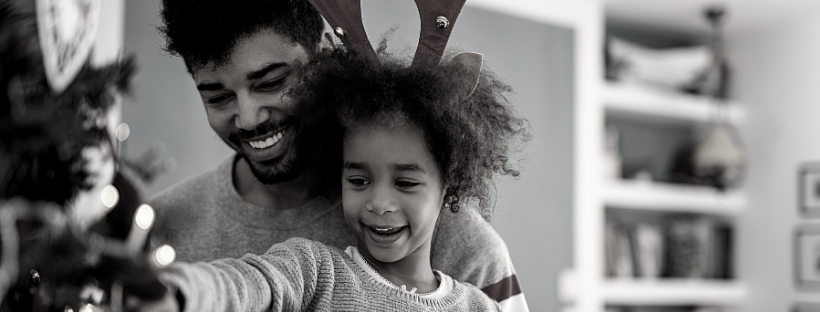Content
Certain years deliver more challenges than others, especially for youth. With the holiday season quickly approaching the stress from the year may make this season more stressful than others. As individuals and families celebrate, traditions may change as youth grow older, especially when family conditions are changed. Breaking from these rituals may be challenging and upsetting, however, with some planning and creative thinking these changes might help your family develop new traditions.
Children and youth often anxiously await holidays which can mean a time to gather with family, share gifts, and participate in traditions such as baking favorite holiday foods, decorating one’s home, or attending religious celebrations. Changes to holiday traditions and routines might add to feelings of anxiety, sadness, or depression. The mental health impacts of potential changes to a typical holiday routine can compound the feelings and emotions youth are experiencing.
Below are some strategies to help youth cope through the holidays.
- Acknowledge feelings. Ask the young people in your life how they are feeling. As an adult, check-in with them daily about what feelings they are experiencing that particular day. As children share their feelings with you, make sure you are listening and not passing judgment. Try as best as you can to keep the lines of communication open. As an adult, be a good role model and take the time to express your own feelings with family members. Showing youth how to communicate feelings in a healthy fashion provides a positive example for young people.
- Talk with children. Be intentional about taking the time to talk with the children in your household. Simply ask them about their day, what is bringing them joy and happiness, or what they are finding difficult. Schedule a virtual meeting for children to interact with extended family members, such as grandparents, aunts, or uncles, with who they would normally interact with over the holidays. You can even encourage activities such as making a favorite treat or making a craft together in a virtual setting. These social interactions can help young people feel supported and not feel alone.
- Explain why this year is different. Talk to the young people in your life about how and why celebrations may look different this year. Additionally, children and youth may be encountering feelings of grief and sadness due to the loss of a loved one. Ask children for their ideas on ways to remember family members who cannot be present during the holidays. These new activities might just create new traditions.
- Invest in others. Invite young people in your life to help others in your community. Let them be creative: make cards for military service personnel, help the elderly clean up leaves, make homemade gifts for neighbors, or make a donation to a local charity.
- Learn to say “no”. Make time to reflect and engage in self-care. Saying “no” to particular activities, social media, or projects, can help young people learn to stop and reflect on their life and the world in which they live.
- Do not abandon healthy habits. Stick to a familiar routine; keep to morning schedules, eat regular meals, and enforce bedtimes. Encourage healthy eating by having healthy snacks available prior to and following holiday meals. Avoid overindulging in desserts and sugary treats. Think of creative ways for youth to remain physically active throughout the day and limit screen time.
- Take a breather. Encourage children and youth to engage in quiet time. Establish a routine where youth spend 15 minutes in the quiet (turn off the TV and other electronic devices). Have them read, write in a journal, or create artwork as a healthy way to express their feelings.
- Seek professional help if needed. Do not be afraid to access professional help if feelings of anxiety or depression persist. Talk with a school counselor, family physician, or counselors at a local behavioral health center.
These are just a few strategies you can implement to make this season easier to manage for your children. Information in this article was provided by the Center for Disease Control and Mayo Clinic. More information and resources about youth social-emotional development in difficult times can be found at disaster.unl.edu/families or by contacting your local county Nebraska Extension office.
